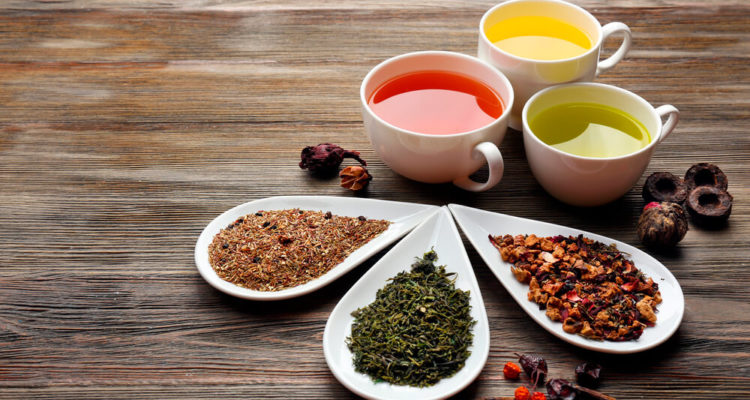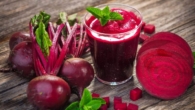
The best additives to tea that increase immunity are named
0
Tea is able to strengthen immunity and reduce the risk of cancer due to the large amount of antioxidants in the composition. A hot drink will be especially useful in tandem with some immunostimulating supplements.
Thus, researchers found that turmeric activates important parts of the immune system, such as T-cells and B-cells. The supplement can reduce the manifestations of arthritis, allergies and asthma, and it also reduces the risk of heart disease, Alzheimer's disease, diabetes and oncology. At the same time, it is important to know that the product can cause adverse reactions with some anticoagulants, drugs that reduce stomach acidity, and diabetes medications.
Another useful addition to tea is licorice root. It contains flavonoids, a type of plant compound that is rich in antioxidants and has anti-inflammatory, anti-diabetic and anti-cancer properties. There is evidence that licorice can fight bacteria, viruses and fungi. Some possible side effects when consumed in large amounts include increased blood pressure, decreased potassium levels, and complications for pregnant women.
Next comes ginger. It is rich in chemical compounds, such as gingerol, that help fight inflammation and cancer. The supplement is often used for nausea and various types of arthritis.
It is noted that ginger can cause problems in people with gallstones or in people taking anticoagulants. It's also not clear if it's safe during pregnancy, so it's best to check with your doctor.
Peppermint tea helps fight viruses and bacteria and strengthens the immune system. It also soothes the stomach for nausea and other gastrointestinal disorders. Menthol and methyl salicylate, the main ingredients in peppermint, soothe, reduce pain, and inhibit bacterial growth. Peppermint tea is generally considered safe, but the long-term effects of drinking it in large quantities are unknown.
There is evidence that chamomile tea has antibacterial properties and helps with restless sleep. It is also useful for strengthening bones, with menstrual pain and anxiety. Chamomile contains a type of flavonoid called apigenin, which has been shown in cell studies to fight cancer. At the same time, additional research on humans is needed.
It is useful to add hibiscus to tea. It contains the powerful antioxidant anthocyanin and vitamin C, which plays an important role in immune function. There is evidence that it can help reduce blood pressure and fat in the liver. At the same time, hibiscus should be avoided by pregnant women or those taking the anti-malaria drug chloroquine, as well as some blood pressure and diabetes drugs.
It is emphasized that tea cannot be considered a medicine. A hot drink is useful as a product in the daily diet. However, even in this case, it can sometimes lead to some side effects, for example, in combination with medicines and during pregnancy, which was mentioned above.









Leave a Reply